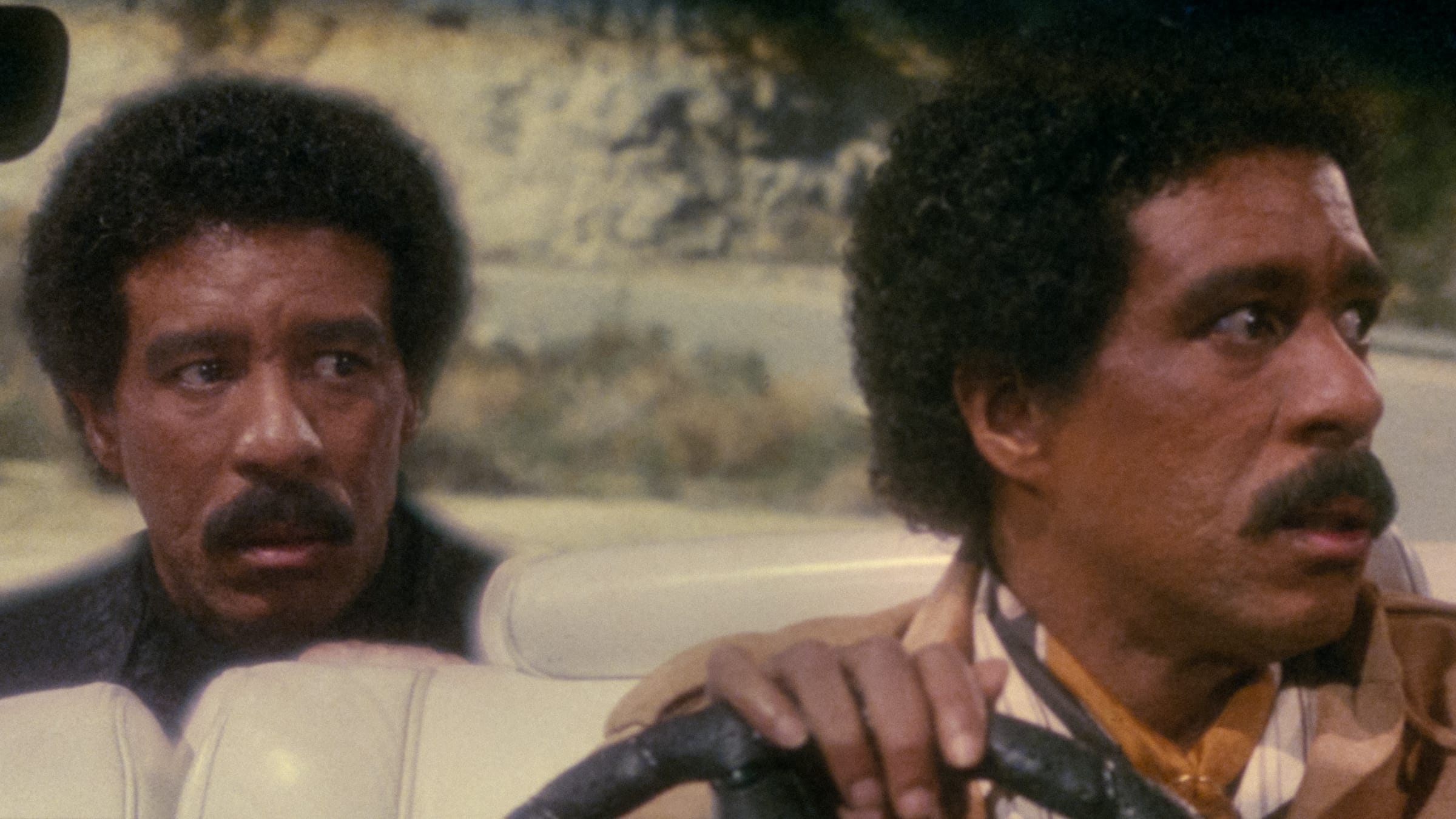(ThyBlackMan.com) “I will build a great wall – and nobody builds walls better than me, believe me – and I’ll build them very inexpensively. I will build a great wall on our southern border, and I will make Mexico pay for that wall. Mark my words.”
Has the United States ever been short on demagogues? I just typed the word into the Google search box. The first definition listed is reasonably complete and accurate:
demagogue; plural noun: demagogues
1. a political leader who seeks support by appealing to popular desires and prejudices rather than by using rational argument.
I have often had occasion to make use of this term in recent years. At its Greek root, it simply means “people-leader.” But for people steeped in the concerns of America’s founders, it definitely has negative connotations. Alexander Hamilton’s words from Federalist No. 1 explain why:
… of those men who have overturned the liberties of republics, the greatest number have begun their career by paying an obsequious court to the people, commencing demagogues, and ending tyrants.
I first took notice of Donald Trump as a political actor when he intervened in the controversy over Barack Obama’s eligibility for president. He seemed to support the idea that the issue should be taken seriously, but not on constitutional grounds. I though then of Hamilton’s description of the demagogue, currying favor with people for his own purposes. That thought has recurred repeatedly as Trump’s campaign for the presidency developed.
His intervention regarding the eligibility issue illustrates one of the chief drawbacks of demagoguery. Because the demagogue’s appeal relies on passion rather than reasoning, it usually involves some form of disinformation. Candidate Donald Trump’s promise to build a “big beautiful wall” was, to say the least, a passionately appealing rhetorical trope. It conjured images of the famous great wall of China, images plainly inconsistent with the complex security challenge along our southern border. Moreover, as China’s history suggests, however well it’s built, the key to the wall’s effectiveness will be the size, training, organization and efficiency of the force that mans it. Great walls do not security make, especially not in our technologically advanced era.
The so-called “Gang of 8” proposals took some note of this reality, promising to increase the strength of our border security forces by several thousand. But the Border Patrol concept’s results do not suggest that it has been sufficient to deal with the illegal entry of people (including likely terrorists) and goods (like illicit drugs) into the United States. What’s needed is to combine technological surveillance, barriers and a well-indoctrinated volunteer force of human spotters, with strategically dispersed, rapidly deployable border defense and administration units. Members of this force should be trained and equipped to act as police, with respect to illegal entrants, but as soldiers when dealing with the armed forces of the drug and other criminal empires. The size of the force would also have to take account of the fact that some stretches of our southern border include the sort of terrain that allowed the Native American war leader Geronimo and his following of about 40 men, women and children to elude capture by thousands of U.S. and Mexican troops for over a year.
We must add to this the fact that the financial means of the drug empires are more than sufficient to fund and maintain a reasonably sophisticated transportation infrastructure, including tunnels that can accommodate large trucks. The image of a “big beautiful wall” capable of repelling illegal entry into the U.S. resounds as rhetoric, but it’s mostly good for exploiting the fearful, angry passions of some portions of the electorate, rather than convincing people to support measures that can effectively secure control of our nation’s border territory.
Though his campaign rhetoric appealed to these passions, candidate Trump never talked about the complex challenge America must meet if we are to end the default of effective government that rouses and justifies them. He aggravated this deficiency by deploying rhetoric in other contexts, calculated to highlight and exploit the volatile fault lines that have tended to divide America’s heart since our nation first began. He deftly played those fault lines, in order to assure that, as the nation divided against itself, a majority would be moved to stand with him. And they did – contrary to the expectations of the ostensibly purblind elitist media pundits and political prognosticators his life experience gave him reason to understand quite well.
I have spent years thinking about the causes Donald Trump exploited during his campaign of demagoguery. I also spent years thinking about how to advocate for those causes in ways that would effectively address the critical challenges they involved, while preserving and strengthening our nation’s common commitment to justice, right and enterprising liberty. That commitment has been the most enduring source of union amongst the diverse people we have gathered in this country, which lies still along the frontier of humanity’s self-recognition.
But we cannot preserve such union if we neglect the requirements of its security. Given reports of the understanding President Trump has reached with Democratic congressional leaders, the question has to be addressed: Is President Trump abandoning his promise to give priority to the security of our borders, rather than to securing the votes of people who aided, profited by, or participated in its deterioration? Is he betraying the voters without whom he would never have been elected?
I honestly admit that I have never believed in Donald Trump. His recent actions offer me little grounds for repenting my unbelief. He more and more resembles the elitist faction GOP leaders he decries – the leaders who have routinely promised to act on the priorities of their patriotic constituents – in fidelity to God, His justice and our Constitution – and then betrayed that promise to serve their own ambition, status and power.
Citizen Donald Trump supported such leaders as John McCain, Lindsey Graham, Chuck Schumer and other progenitors of the “Gang of 8” immigration policy proposals. President Trump now seems to be pursuing their priorities piecemeal, while deferring the priorities, in respect of border and budget issues, that, as a candidate, he promised his supporters he would pursue. He seems now to prefer appeasing the very interests that have continually, contemptuously despised both those voters and their priorities.
The man in the Bible (Mark 9:24) cried out to Jesus, “I do believe, Lord. Help my unbelief.” As things stand, Americans like me must cry out to Donald Trump: “I believe – in the causes you exploited to win election to the presidency. I also believed you would probably betray them. Help with my unbelief!”
Written by Alan Keyes
Official website; http://loyaltoliberty.com

















Leave a Reply